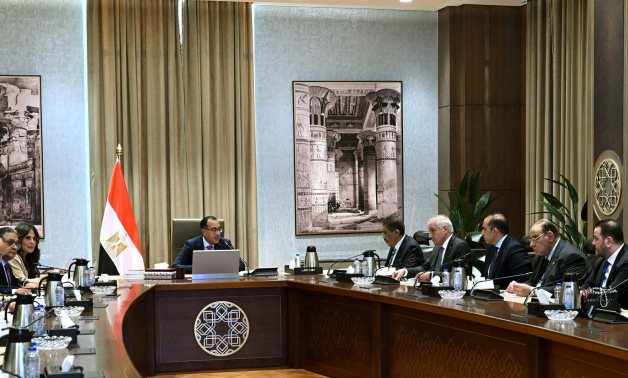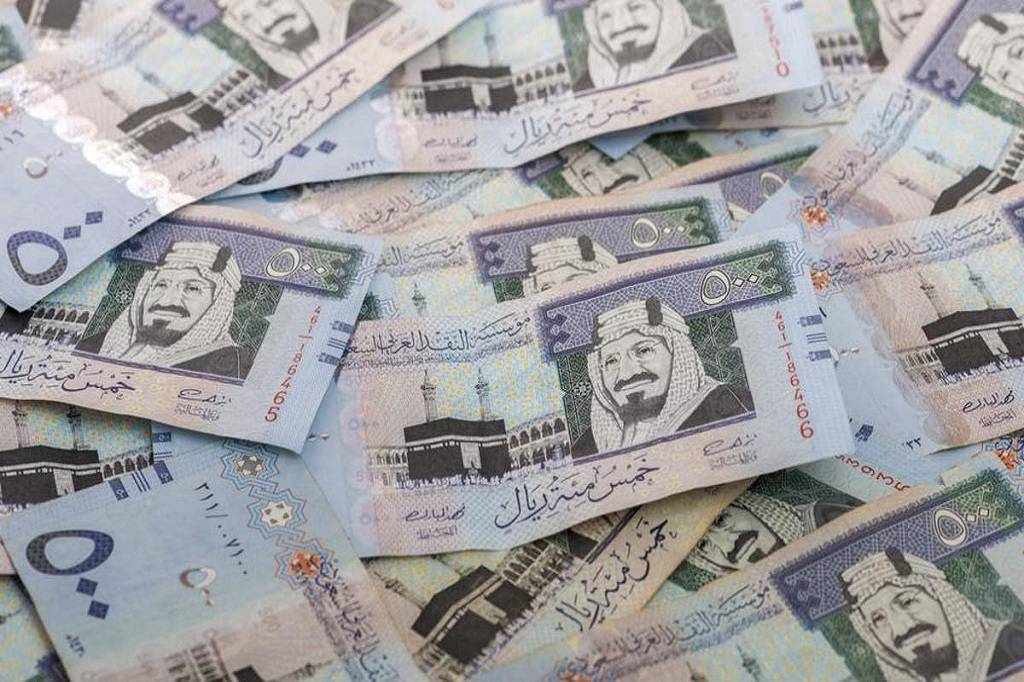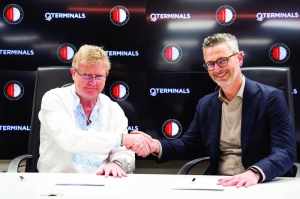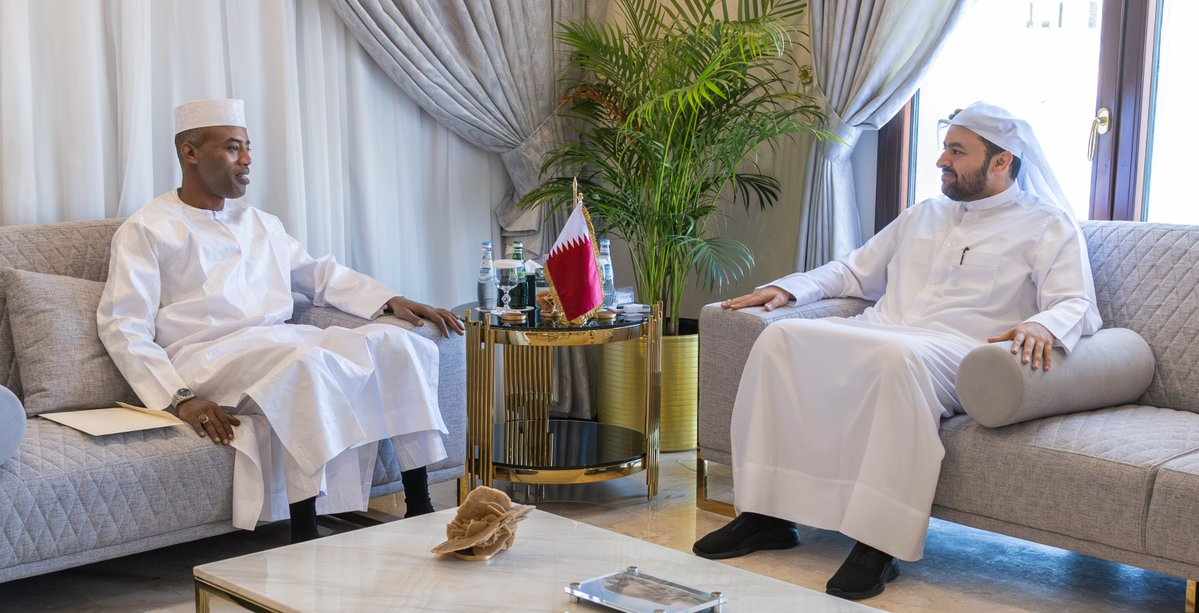Winter not over, but Europe braces for the next one
- Date: 31-Jan-2023
- Source: Zawya
- Sector:Financial Markets
- Country:Qatar
Winter not over, but Europe braces for the next one
Europe has weathered the energy crisis that followed Russia's invasion of Ukraine so far, but businesses and households are already thinking about how to get through the next winter.
Mild weather, government aid, gas storage facilities at full capacity and energy imports from other regions have helped Europe limit the economic damage caused by the war.
Outside the western industrial city of Dortmund in Germany, brewery Veltins adapted by using reuseable bottles, partially converting its gas oven to use fuel oil and spending 30 million euros ($32.5 million) to stock up on raw materials.
"We did not have to lower our production," Veltins spokesman Ulrich Biene told AFP.
Germany, which relied heavily on Russian gas imports before the war, provided massive aid to consumers, scrambled to fill up its storage facilities and found new sources of energy as Moscow turned off the taps.
The government said last week it expects Europe's biggest economy to avoid recession this year, though data on Monday showed a contraction in the last three months of 2022.
To beef up winter supplies, Germany and its EU neighbours bought LNG from Qatar and the United States, which is more expensive than Russian gas that was brought in via pipelines.
LNG imports in Europe























